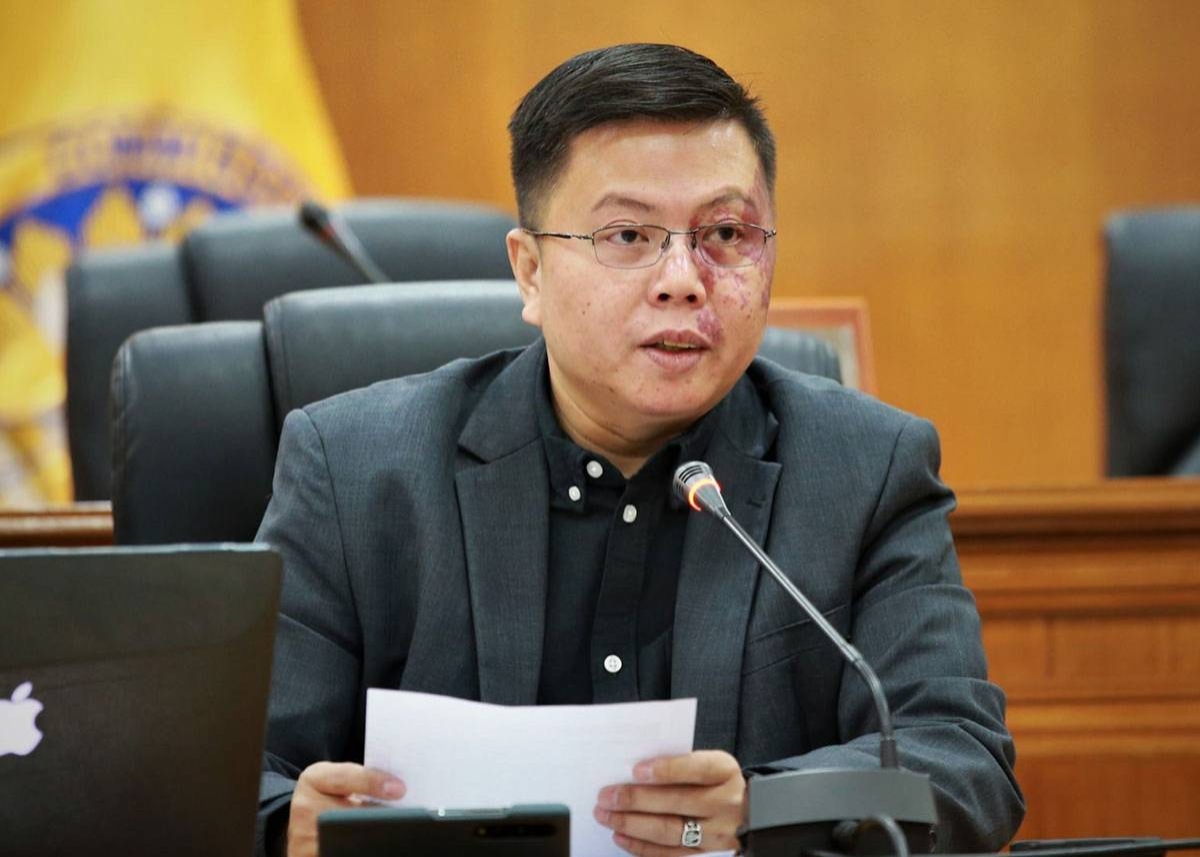The Importance of Civic Engagement
The overwhelming response to the voter registration drive for the 2025 midterm polls in the Philippines is a testament to the importance of civic engagement and the desire of the Filipino people to exercise their democratic rights. The Commission on Elections (COMELEC) has been working tirelessly to encourage qualified voters to register and be part of the electoral process.
Comprehensive Information Dissemination
The success of the registration drive can be attributed to the comprehensive information dissemination campaign carried out by COMELEC. Through various channels such as social media, television, radio, and print, the commission has reached a wide audience and educated them about the importance of voter registration. Additionally, COMELEC has taken proactive measures to simplify the registration process, making it more accessible to a broader range of individuals.
Register Anywhere Project (RAP)
One of the key initiatives implemented by COMELEC is the Register Anywhere Project (RAP), which allows individuals to register in shopping malls and other designated centers. This innovative approach has made it easier for people to register, especially those who may have difficulty accessing traditional registration centers. The convenience and flexibility provided by the RAP have undoubtedly contributed to the surge in voter registration.
Extended Registration Period
Furthermore, the extended registration period from June 12 to October 30 has given individuals ample time to complete the process. This timeline also allows COMELEC to collect data efficiently from the 171 shopping malls nationwide and other RAP centers. By providing multiple avenues for registration, including local COMELEC offices, satellite/off-site registration, and educational institutions, COMELEC ensures that individuals have various options to participate in the electoral process.
Regional Breakdown of Registered Applicants
The regional breakdown of the registered applicants reveals interesting trends. Region 4A, which includes the provinces near Metro Manila, has recorded the highest number of applicants, followed closely by the National Capital Region itself. This concentration of applicants in these regions highlights the significance of urban areas in voter registration. However, it is essential to note that other regions, such as Central Luzon, Central Visayas, Davao Region, and Western Visayas, have also seen significant numbers of applicants, indicating a widespread interest in participating in the democratic process.
Eligibility Criteria and Identification Requirements
To be eligible for voter registration, individuals must meet certain criteria set by COMELEC. They must be Filipino citizens who will be at least 18 years old on the day of the election, have been residents of the Philippines for at least one year, and have resided in the specific location where they intend to vote for at least six months leading up to the 2025 elections. Additionally, they must not be disqualified by law from registering as a voter.
COMELEC has also made changes regarding acceptable identification cards to ensure the integrity of the registration process. Previously, employee identification cards were considered valid, but now only government-issued identification cards and barangay IDs with pictures and signatures will be accepted. This change aims to enhance security and prevent any potential fraudulent activities.
Promising Future for Democracy
In conclusion, the remarkable response to the voter registration drive for the 2025 midterm polls in the Philippines is a promising sign for the future of democracy in the country. COMELEC’s extensive information dissemination campaign and proactive measures to simplify the registration process have been instrumental in achieving this success. As the registration period continues, it is expected that the number of new voters will surpass the initial target of 3 million. The active participation of eligible individuals is crucial for a vibrant and inclusive democratic process that truly represents the will of the Filipino people.
Source: The Manila Times







